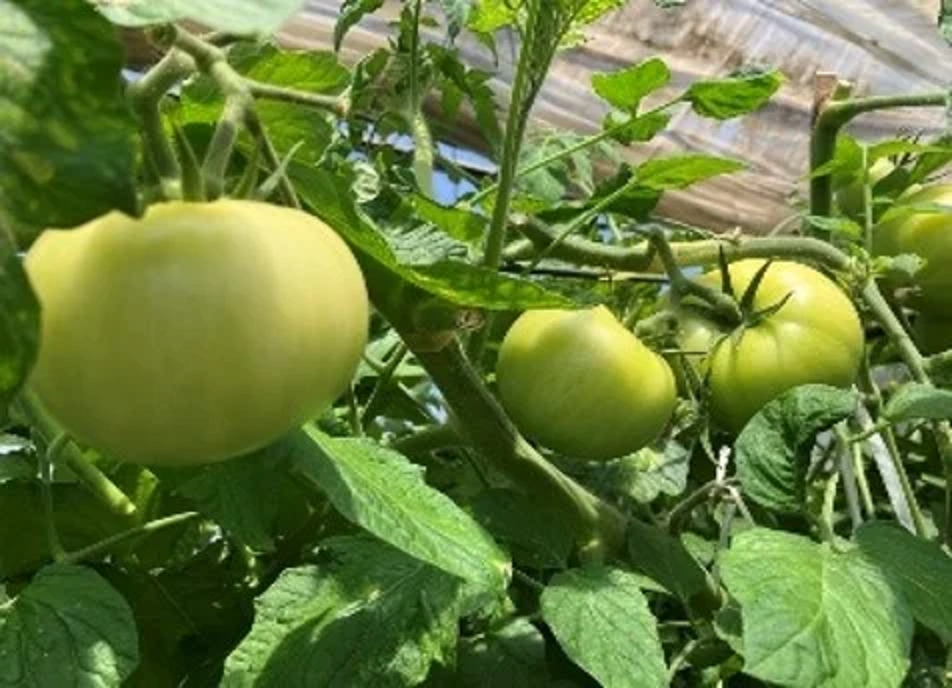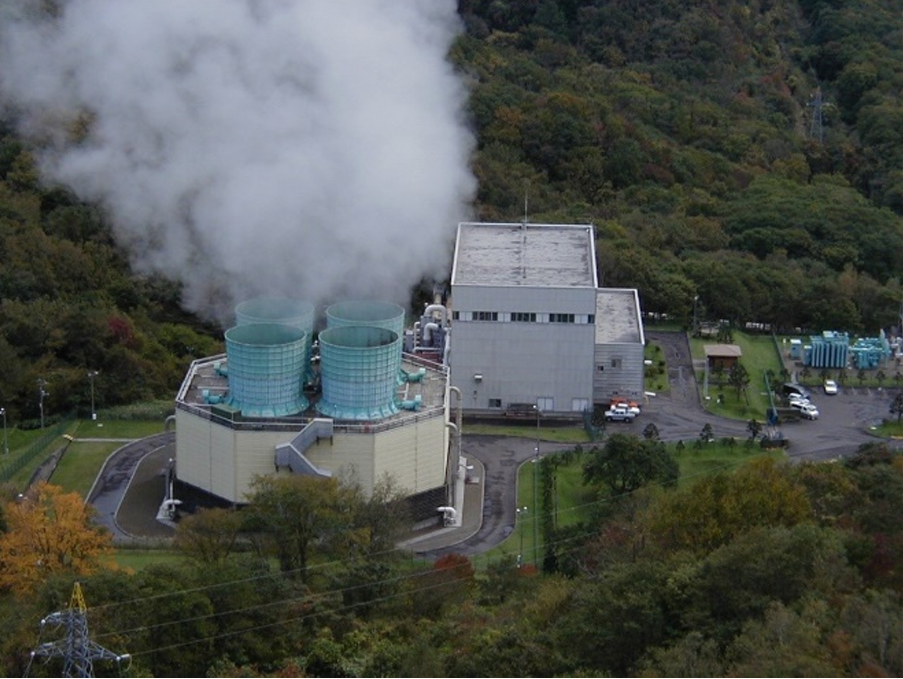
Tomatoes cultivated in geothermal greenhouse in Hokkaido, Japan (source: Seven-Eleven)
Using excess hot water from the Mori geothermal power plant, farmers in Hokkaido, Japan can now grow tomatoes and cucumber even in winter.
Seven-Eleven stores in Hokkaido, Japan will soon be selling Caprese Pasta with tomatoes that are grown in geothermal-heated greenhouses from the town of Mori-Machi. Excess heat from the Mori geothermal power plant is supplied to greenhouses in the Nigorikawa area thus allowing for cultivation of tomatoes and cucumbers even in winter.
The 25-MW Mori geothermal power plant, by Hokkaido Electric Power (HEPCO), started commercial operations in 1982. In late 2023, the field was further augmented by a 2-MW binary geothermal power plant, operated by Mori Binary Power LLC, a joint venture between HEPCO, JFE Engineering Corporation, and Tokyo Century Corporation.
Despite the addition of a binary power plant, there was still sufficient excess hot water from the power plant operations to warrant a geothermal greenhouse facility. Water at 120 °C and a flowrate of 220 t/hour is supplied to a heat exchanger unit, producing water at 65 °C to supply to 97 greenhouses.
 Mori geothermal power plant, Hokkaido, Japan (source: Mori Town Planning and Promotion Division)
Mori geothermal power plant, Hokkaido, Japan (source: Mori Town Planning and Promotion Division)
The project has allowed farmers to maintain a stable income from crop cultivation even during winter season. Geothermal heating offers drastically reduced costs of heating compared to fossil fuel alternatives, from approximately 300 million yen per year to only about 15 million yen per year for the entire region.
In an effort to deepen its relationship with the town of Morimachi, Seven-Eleven will be selling cups of Caprese Pasta using the tomatoes made from the geothermal greenhouses. The Mayor of Morimachi, Kosuke Okajima, has a special attachment to this initiative given that he used to run a Seven-Eleven store in Morimachi.
Source: Seven-Eleven Japan Co. Ltd. via PR Times


AloJapan.com